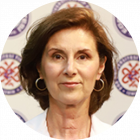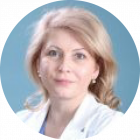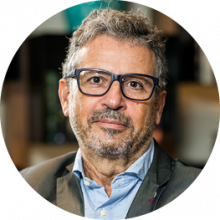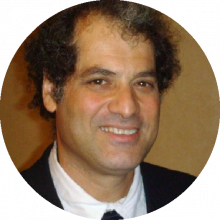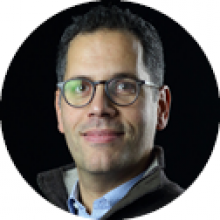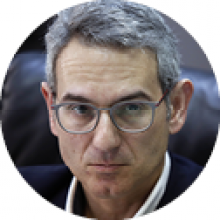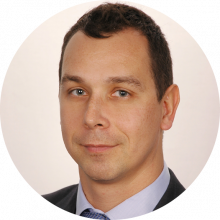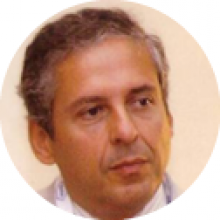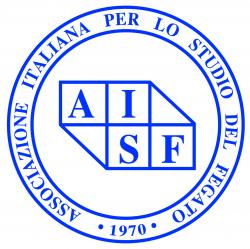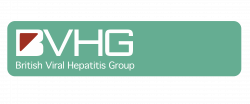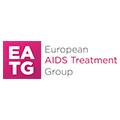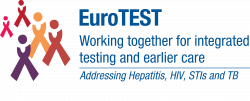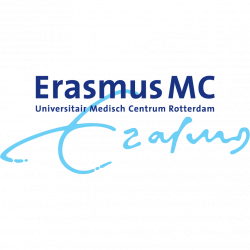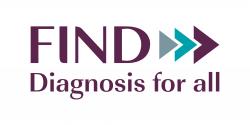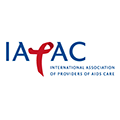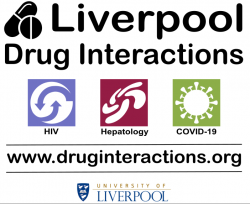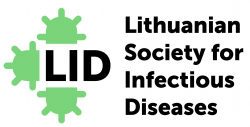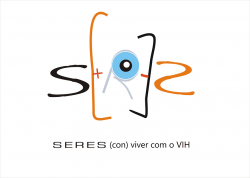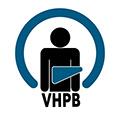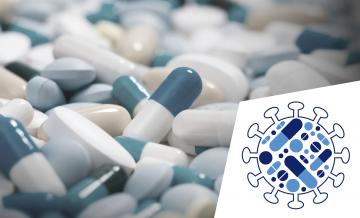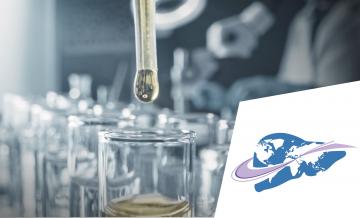
European Meeting on HIV & Hepatitis 2024
Related Enduring Materials
Welcome
The 22nd Edition of the European Meeting on HIV & Hepatitis took place as a hybrid meeting from 22-24 May 2024 in Barcelona, Spain.
Founded more than twenty years ago as the European HIV Resistance Workshop, the European Meeting on HIV & Hepatitis - Treatment Strategies & Antiviral Drug Resistance has evolved to embrace all aspects of the clinical care of people living with HIV in Europe. This workshop places emphasis in particular on optimal treatment strategies, clinical virology, molecular epidemiology, and public health aspects of HIV, HBV, HCV, as well as emerging viruses throughout Europe.
In the last decade, the meeting has been able to capture leading clinicians and researchers from different regions of Europe. As such, this meeting is the only European platform where HIV-treating physicians and clinical virologists get together on an annual basis to present their latest research results and discuss their clinical implications in detail.
General Information
Secondary: Laboratory managers, technicians, pharmacists, and pharmacologists.
- Residents, post-graduates, and PhD students
- Government agency personnel, NGO representatives, and health authority personnel
- Industry representatives
- Social workers, advocates, and community workers
- Other healthcare professionals involved in treating HIV and co-infected patients
- Gather professionals in the fields of HIV and hepatitis clinical care and research in an interactive workshop setting;
- Provide a platform for presentation and discussion of the latest developments in the field of antiviral drug development;
- Map important current studies and results;
- Translate new data into treatment guidelines; and
- Educate clinicians on how to best implement current and new drugs in clinical practice.
- Summarize recent results (including clinical trial results) in drug development for HIV or Hepatitis.
- Apply the latest scientific results into daily clinical care to improve the quality of life of individuals living with HIV.
- Identify future challenges in the screening, monitoring and diagnosis of patients living with HIV or Hepatitis and develop new concepts for research and care strategies.
Practical Information
For more information, you can visit the website of Ethical MedTech EU with the following link: https://www.ethicalmedtech.eu/
Hotel Catalonia Barcelona Plaza
Pl. d'Espanya, 8, Sants-Montjuïc
08014 Barcelona
Spain
Distance from Barcelona Airport (BCN): 13 km
Any individual who feels discriminated against, harassed, disrespected, or marginalized is encouraged to report the incident(s) to VE and AME via info@amededu.com or to one of our on-site personnel.
Any participant who is found to have exhibited any inappropriate conduct or behavior against others may be removed from the program.
Program Chairs
Organizing Committee
The members of the Organizing Committee are a group of carefully selected experts and inspirational leaders in their respective fields. They meet frequently to discuss the scientific program of the workshop, identify interesting topics and candidate speakers, and review all submitted abstracts.
Scientific Program Coordinator
Scientific Committee
The members of Scientific Committee are hand-picked by the Organizing Committee and the conference secretariat based on their significant contributions and commitment to the field. They assist the Organizing Committee by providing them with suggestions for speakers and topics. In addition, they participate in reviewing submitted abstracts, and play an active role during the workshop as moderators and/or chairs of sessions.
-
Ana B. Abecasis, MD, PhD, PharmD - Global Health and Tropical Medicine, Institute of Hygiene and Tropical Medicine, Universidade NOVA de Lisboa, Portugal
-
Marina Bobkova, PhD - Ivanovsky Institute of Virology, Russia
-
Stéphane Chevaliez, PharmD, PhD - University of Paris-Est Creteil, France
-
Federico García, PharmD, PhD - Hospital Universitario San Cecilio, Spain
-
Rolf Kaiser, PhD - University of Cologne, Germany
-
Leon Kostrikis, PhD - University of Cyprus, Cyprus
-
Clive Loveday, PhD - ICVC Charitable Trust, Clinical Virology, United Kingdom
-
Anne-Geneviève Marcelin, MD - Hôpital Pitié-Salpétrière Paris, France
-
Monique Nijhuis, PhD - University Medical Centre Utrecht, the Netherlands
-
Roger Paredes, MD, PhD - IrsiCaixa AIDS Research Institute, Spain
-
Mario Poljak, MD, PhD - Institute for Microbiology and Immunology, Slovenia
-
Gary Rubin, MD - University of Toronto, Canada
-
Anne–Mieke Vandamme, PhD - University of Leuven, Belgium
- Maria Santoro, MD - University of Rome "Tor Vergata", Italy
-
Anders Sönnerborg, MD, PhD - Karolinska Institute, Sweden
-
Janusz Stanczak, PhD - University of Warsaw, Poland
-
Jens Verheyen, MD, PhD - Institute of Immunology and Genetics, Germany
-
David van de Vijver, PharmD, PhD - Erasmus University Rotterdam, the Netherlands
-
Hauke Walter, MD - Medizinisches Labor Stendhal, Germany
-
Annemarie Wensing, MD, PhD - University Medical Center Utrecht, the Netherlands
-
Maurizio Zazzi, PhD - University of Siena, Italy
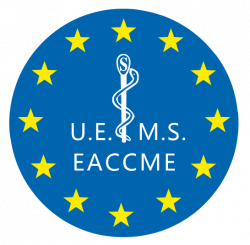
European Meeting on HIV & Hepatitis 2024, Barcelona, Spain, 22/05/2024 - 24/05/2024 has been accredited by the European Accreditation Council for Continuing Medical Education (EACCME®) with 9 European CME credits (ECMEC®s). Each medical specialist should claim only those hours of credit that he/she actually spent in the educational activity.
Through an agreement between the European Union of Medical Specialists and the American Medical Association, physicians may convert EACCME® credits to an equivalent number of AMA PRA Category 1 Credits™. Information on the process to convert EACCME® credits to AMA credits can be found at https://edhub.ama-assn.org/pages/applications.
Live educational activities occurring outside of Canada, recognized by the UEMS-EACCME® for ECMEC® credits are deemed to be Accredited Group Learning Activities (Section 1) as defined by the Maintenance of Certification Program of the Royal College of Physicians and Surgeons of Canada.

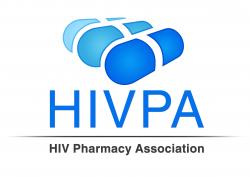
Support provided by ViiV Healthcare.
Supported by Gilead who provided funding. Gilead has had no input into the content of the materials used at this meeting.
Support Our Initiative
Financial backing to the European Meeting on HIV & Hepatitis 2024 helps us deliver an impactful meeting experience to the benefit of healthcare professionals and researchers interested in HIV & Hepatitis in the European region.
This collaboration plays a vital role in both the organizational as well as scientific success of the program.
To show your commitment to the cause, get in touch with us for a tailored support package by contacting Jesper Niesen at Jesper.Niesen@amededu.com or call +31 30 230 7140.
Benefits of Support
By supporting this program, we can offer the following advantages for your company.* Please contact us for the most recent support level benefits for this program.
- Symposium opportunities
- Non-commercial interviews with company representatives
- Verbal acknowledgement during the program
- Discounted and complimentary registrations for your representatives
- Company acknowledgement on digital meeting materials including but not limited to newsletters, flyers, the streaming platform, and our website
- Company acknowledgement on printed meeting materials including but not limited to banners and the program book
- Digital and printed advertising opportunities
- Social media shout-outs
- Logo on the conference bag
*Subject to the support level.
Group Photo
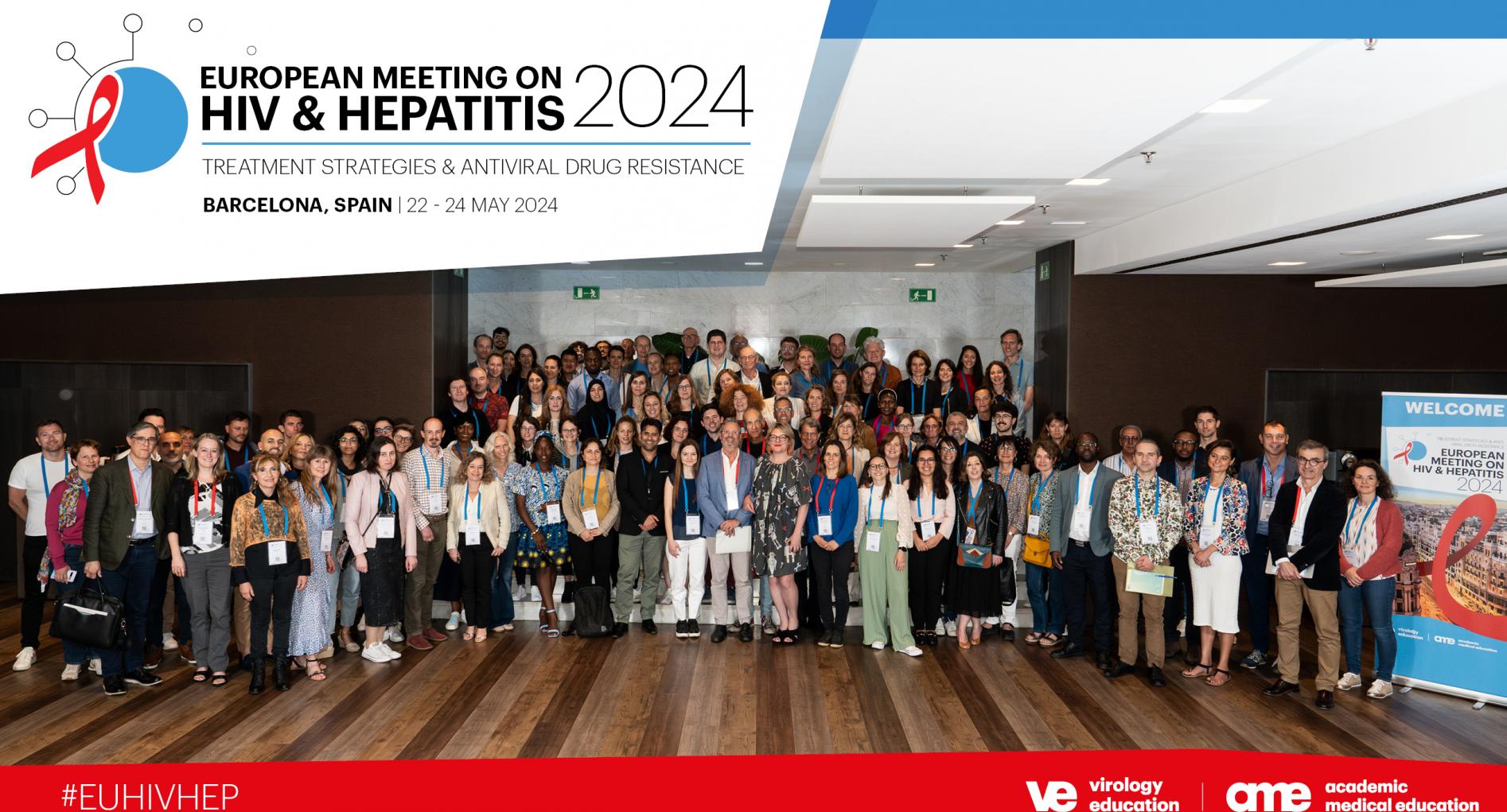
5 Key Takeaway Messages
We are excited to share 5 key takeaways from the meeting, curated by our esteemed Program Chair, Dr. Josep Llibre.
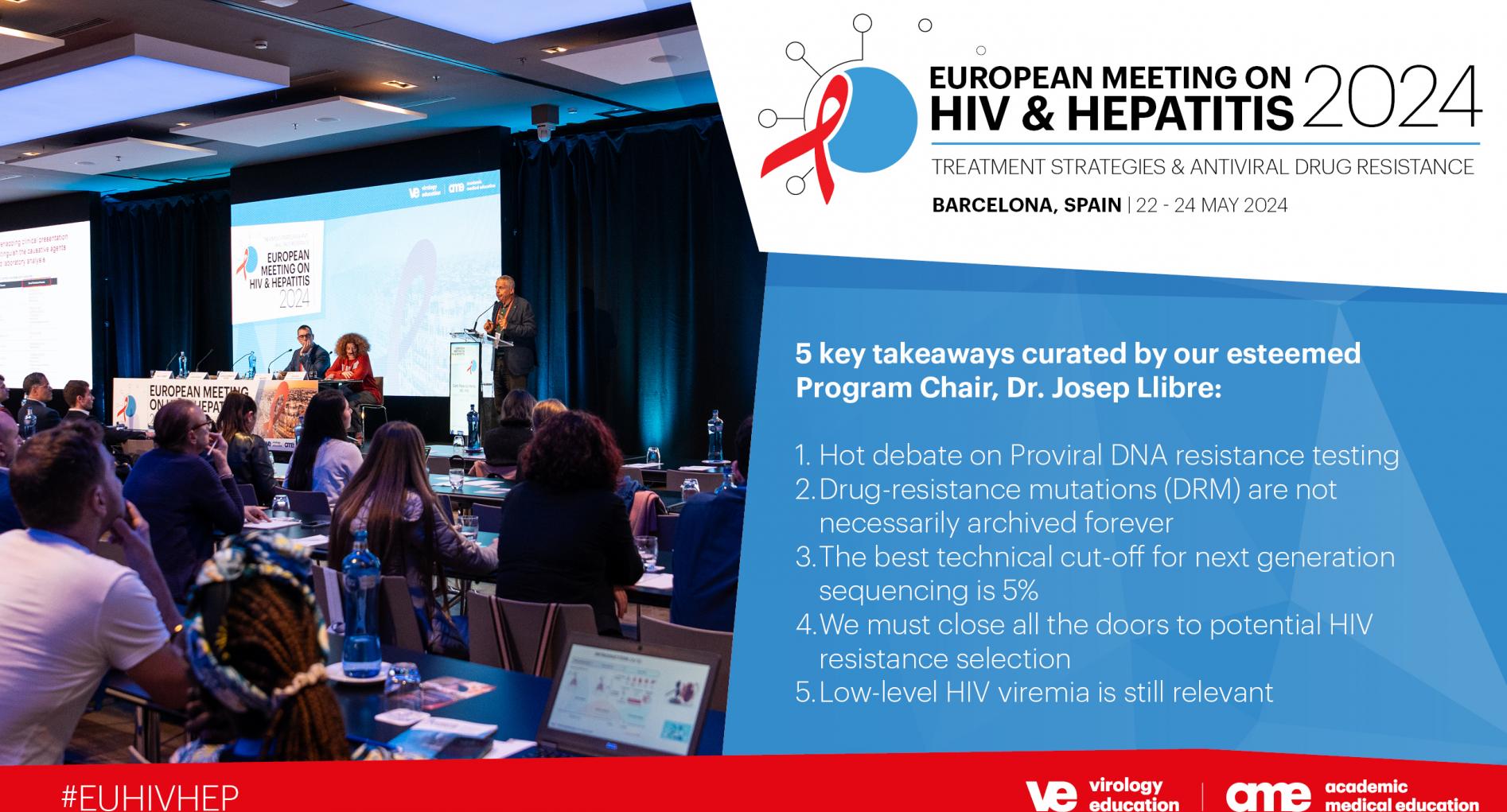
|
Hot debate on Proviral DNA resistance testing. If the clinician has a situation where he/she believes that DNA genotype resistance testing could be useful, if it is properly informed and results are discussed together with the virologist, it might have a role and should be considered. The main role of the virologist is to separate the 18 most frequent APOBEC-induced mutations that might not have a clinical implication and could confuse the clinician. These hypermutations are usually associated with defective proviral genomes and their removal is essential in the interpretation of these tests. |
|
Drug-resistance mutations (DRM) are not necessarily archived forever. Despite the plausible biological hypothesis that once a DRM has been selected it will theoretically persist forever in the HIV reservoir, it has been proven that while plasma HIV-RNA suppression goes on, the percentage of HIV clones with resistance wanes and it can even become undetectable. This has been proven with M184V but in this meeting we learned that integrase strand transfer resistance mutations experience a progressive clearance as well in PWH with persistent virological suppression. These mutations were no longer detectable by Sanger sequencing in 90% of the participants, and in 85% by UDS at 3-5 years. |
|
The best technical cut-off for next generation sequencing is 5%. Next-generation sequencing can technically detect variants with a prevalence as low as 0.1%. The 5% threshold has an acceptable sequence accuracy and has been proven useful to improve prediction of drug activity and virological rebound. Similarly, it reduces the reporting of errors and artefacts and has the higher consistency agreement with Sanger results. Whole genome sequencing will become probably the next tool when it becomes available in the clinic. |
|
We must close all the doors to potential HIV resistance selection. These include transmitted HIV resistance, rates of people with multidrug resistance and limited treatment options, resistance selected upon ART failure, and the resistance selected in low-middle income countries, particularly against dolutegravir. All these doors can potentially jeopardise the efficacy of the amazing treatments we currently have. Using drugs with a high resistance barrier is the best way to preserve ART efficacy, has important clinical implications, and maintains U=U, a potent weapon to fight HIV-associated stigma. |
|
Low-level HIV viremia is still relevant. It is associated with higher initial plasma HIV-RNA and lower CD4 at baseline, therefore suggesting a relationship with a higher size of HIV reservoirs. It is seen in approximately 2-5% at 48 weeks of PWH, when properly defined as 50-199 HIV-RNA copies/mL. In many cases, it seems associated with clonal expansion of incomplete or replication incompetent HIV clones, but in a subset of individuals it can increase the risk of virological failure and resistance selection, particularly if subjects are receiving regimens with a low resistance barrier. Anyway, defective pro-viruses are not inert. They can produce viral products that may contribute to persistent immune activation. PWH treated with integrase inhibitor-based regimens have similar rates of low-level viremia, suggesting that this complication is independent of the ART regimen. |
Invitation to Join the 2024 Meeting
Previous Editions
-
21st Edition - European Meeting on HIV & Hepatitis, 2023, Italy
-
20th Edition - European Meeting on HIV & Hepatitis, 2022, France (Hybrid)
-
19th Edition - European Meeting on HIV & Hepatitis, 2021, Virtual
-
18th Edition - European Meeting on HIV & Hepatitis, 2020, Virtual
-
17th Edition - European Meeting on HIV & Hepatitis, 2019, Italy
-
16th Edition - European Meeting on HIV & Hepatitis, 2018, Italy
-
14th Edition - European Meeting on HIV & Hepatitis, 2016, Italy



